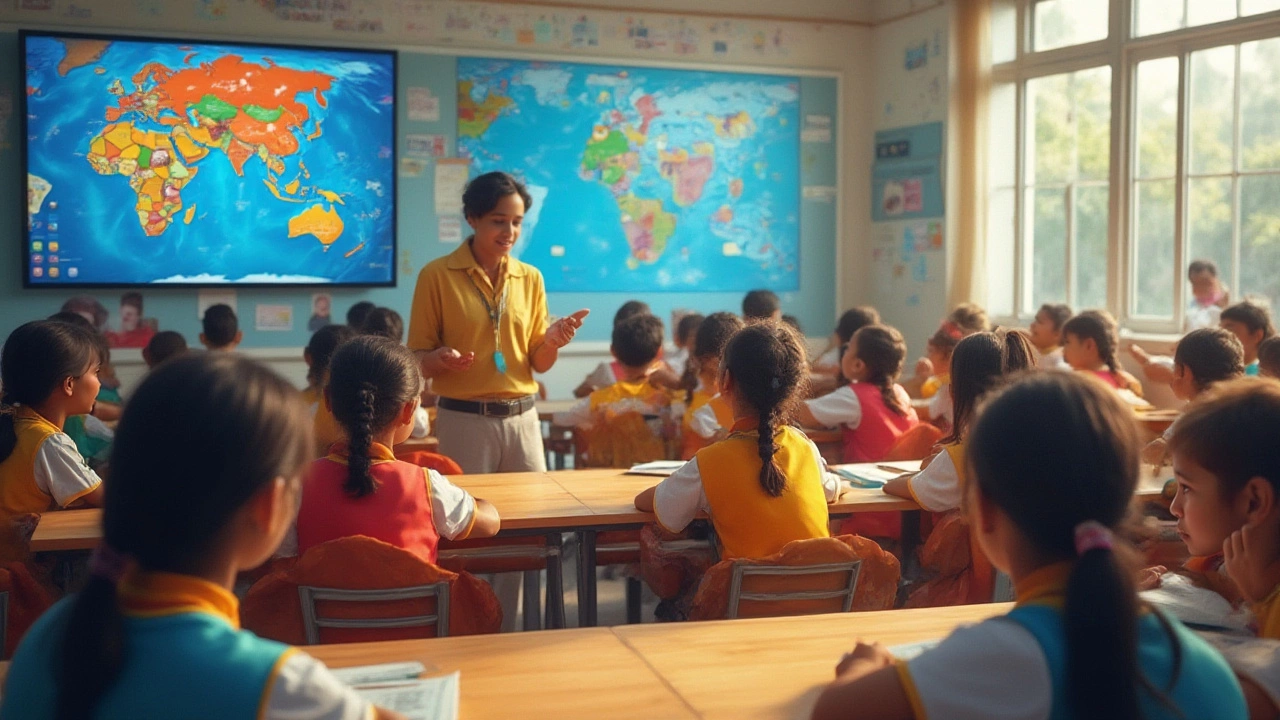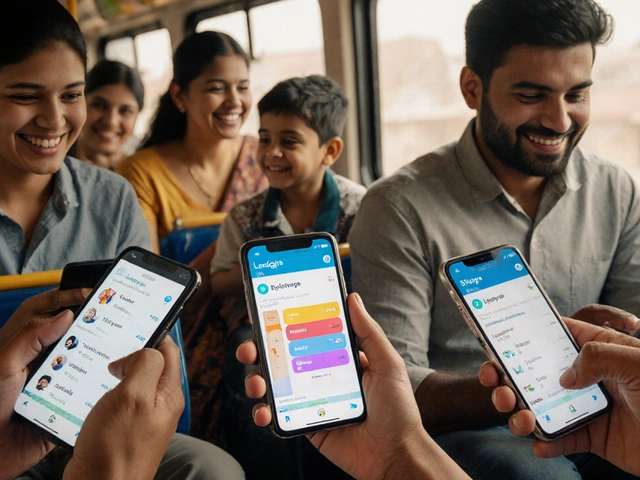CBSE Abroad: What It Means for Indian Students Studying Overseas
When Indian families move overseas, CBSE, the Central Board of Secondary Education, India’s largest school board that designs curriculum and conducts exams for over 20,000 schools globally. Also known as Central Board of Secondary Education, it’s the go-to choice for millions of Indian students—even those living in the UAE, Singapore, or the UK. Unlike IB or Cambridge, CBSE isn’t built for international mobility, but it’s still widely recognized. Why? Because it’s predictable. The syllabus doesn’t change drastically year to year, exams follow a clear pattern, and colleges from Australia to Canada know exactly what a CBSE score means.
Parents often ask: Can my child get into a foreign university with CBSE? Yes—many do. Top universities in the US, UK, and Australia accept CBSE certificates, especially if students pair them with strong SAT, IELTS, or TOEFL scores. But here’s the catch: CBSE doesn’t emphasize critical thinking the way IB does. It rewards memorization and exam technique. That’s fine for engineering or medical entrance exams back home, but overseas, universities look for essays, projects, and extracurricular depth. Students who switch from CBSE to IB after Grade 10 often have an easier time adapting. But those who stay with CBSE? They succeed by building portfolios outside class—internships, coding projects, science fairs, or volunteer work.
Another thing to know: CBSE syllabus, the structured curriculum used in over 25,000 schools across India and 20+ countries, covering subjects like Physics, Chemistry, Math, and English with a strong focus on rote learning and board exam readiness is the same whether your child is in Delhi or Dubai. That’s a comfort for families who move often. But it also means your child might miss out on local history, geography, or language courses that international schools include. If your child is in Grade 8 or 9 and you’re planning to move abroad, think ahead. Do they need to switch to IB for university applications? Or can they stick with CBSE and still compete? The answer isn’t one-size-fits-all. Some students thrive with CBSE’s structure even overseas. Others get lost in the lack of creativity.
What about competitive exams like JEE or NEET? If your child plans to return to India for engineering or medicine, CBSE is the only board that fully prepares them. The syllabus matches the exam pattern perfectly. But if they’re aiming for a US or UK university, they’ll need to take SAT Subject Tests or AP exams on top of CBSE. It’s double work—but doable. Many CBSE students abroad take AP Chemistry or AP Calculus alongside their regular classes. It’s not easy, but it’s common.
There’s also the question of language. CBSE teaches English as a core subject, but not always as a medium of daily communication. In countries like Canada or Australia, kids pick up fluency fast—but they might struggle with academic writing. That’s where self-study tools, online courses, and practice essays make a difference. The good news? There are plenty of resources out there to help.
Below, you’ll find real stories, comparisons, and practical guides on how CBSE students navigate life abroad—from choosing schools to surviving university applications. Whether you’re planning to move, already settled overseas, or just wondering if CBSE is the right fit for your child’s future, these posts give you the straight facts—not the hype.

Where Is CBSE Found? The Global Spread of the Indian School Board
Is CBSE limited to India or does it have a global footprint? Discover the worldwide presence of this leading Indian school board and what it means for students.



